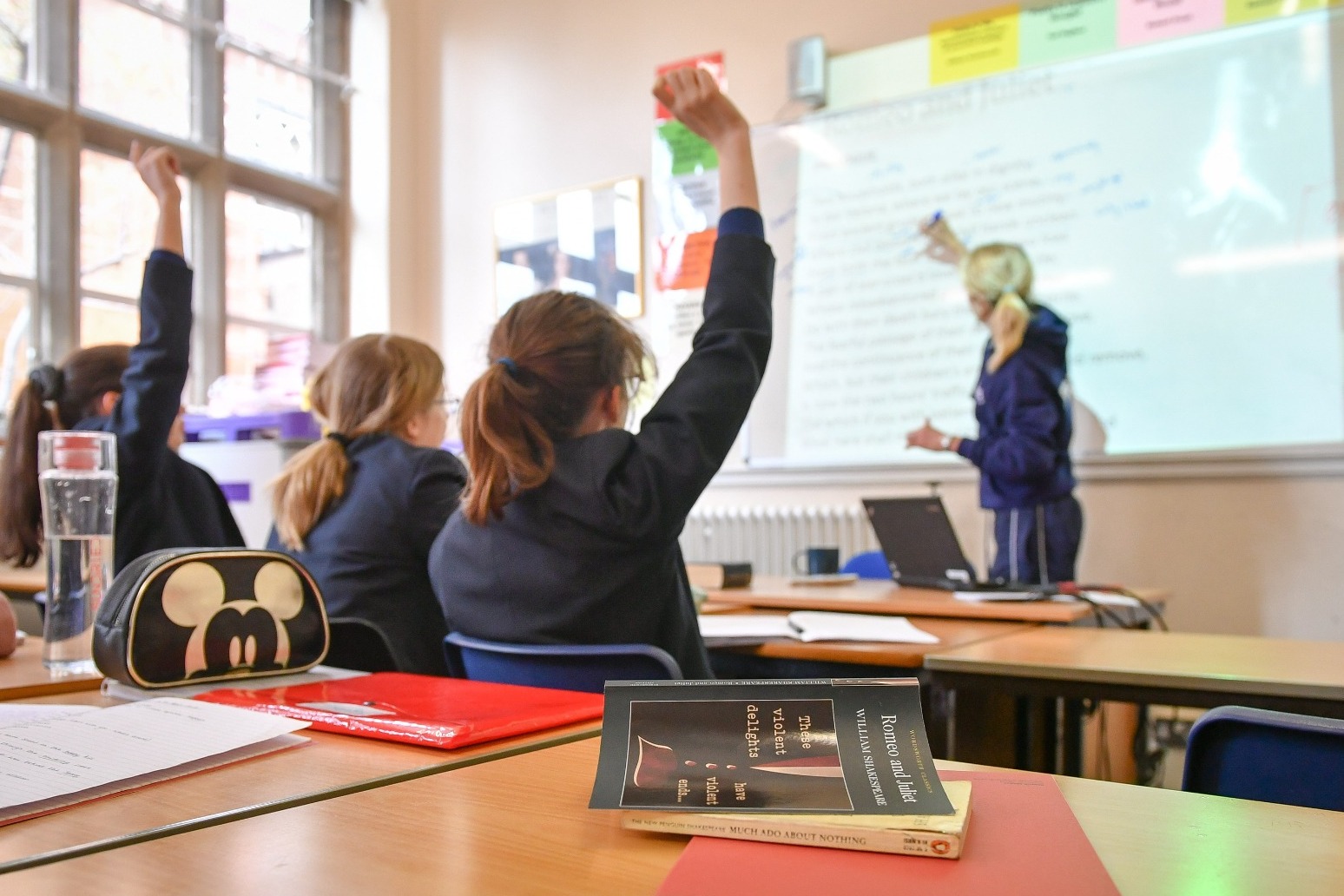-
 play_arrow
play_arrow
Kl 1 Radio Local radio for west Norfolk
-
 play_arrow
play_arrow
KL DISCO KL Disco Playing Disco Music from the 70's onwards.24/7
-
 play_arrow
play_arrow
KL COUNTRY KL COUNTRY Playing New and Classic Country Music 24/7
-
 play_arrow
play_arrow
KL ROX KL ROX The best of New and Classic Rock.24/7
-
 play_arrow
play_arrow
KL SUMMER Summer Vibes 24/7 from KL1 Radio across West Norfolk
-
 play_arrow
play_arrow
KL CLASSICAL Your Symphony Starts Here
-
 play_arrow
play_arrow
KL CHILL Just Chill!
-
 play_arrow
play_arrow
KL POP The Best POP Hits all day Long!
-
 play_arrow
play_arrow
KL XTRA KL XTRA
music_note

A new study has found that girls outperform boys in the UK from primary school through to university.
According to research from Cambridge University Press & Assessment, female students show higher levels of academic success than boys from their earliest education into university years.
The research is based on UK data, and is the largest study of its kind in terms of the number of stages of education covered.
Researchers analysed open-access data on educational attainment at each stage, comparing the success of male and female students.
Even in early years education before the age of seven, which measures development or progress rather than attainment, more female students met or exceeded expectations.
These differences continue throughout education, with a greater percentage of female students achieving first class undergraduate degrees.
However, maths remains an outlier, with male students outperforming female students and achieving at the highest levels from early years education to A-levels.
Male students were also more likely to choose sciences, classical subjects, technology, and business from GCSE level onwards.
Although there was some variation at the later stages, with Medicine and Dentistry dominated by female students in university.
The research shows that neither reforms to qualifications nor the disruption of the Covid-19 pandemic have changed the direction of previously identified patterns.
Matthew Carroll, who led the latest study for Cambridge University Press & Assessment, said: “Female-led attainment gaps increased in magnitude, and male-led attainment gaps decreased in years in which examinations were cancelled due to the Covid-19 pandemic.
“The fact that the earliest attainment gaps between genders are based on teacher assessments – which are known to favour female students – could indicate that early differences in perception sow the seeds of different educational experiences, in turn leading to the differences seen in later external tests.
“Nevertheless, young women remain underrepresented in particular Stem (science, technology, engineering, and mathematics) subjects, despite the achievements of female students in education up to the age of 21.
“We need to figure out why female students are still less likely to pursue technology, engineering and maths, and what the possible implications of these gender-based patterns are for labour markets.
“By doing this, those working in the education system can better evaluate whether existing initiatives to promote equality have worked, or whether further work is required – especially given apparent advantages shown by female students in education are not necessarily carried through to employment, with gaps in pay, opportunities and skill utilisation still common in the labour market.”
Published: by Radio NewsHub

Similar posts
Upcoming shows

Weekend Back Trax
6:00 am - 8:00 am

Kelvin Scott – Weekend Breakfast
8:00 am - 11:00 am

Tom Green – Classic Hit Lunchtime
11:00 am - 1:00 pm

Darren Furzey – Classic Hit Weekend
1:00 pm - 3:00 pm

Lee Vincent – Classic Hit Saturday
3:00 pm - 6:00 pm
Message Us
Copyright The Mediasite UK - 2025








